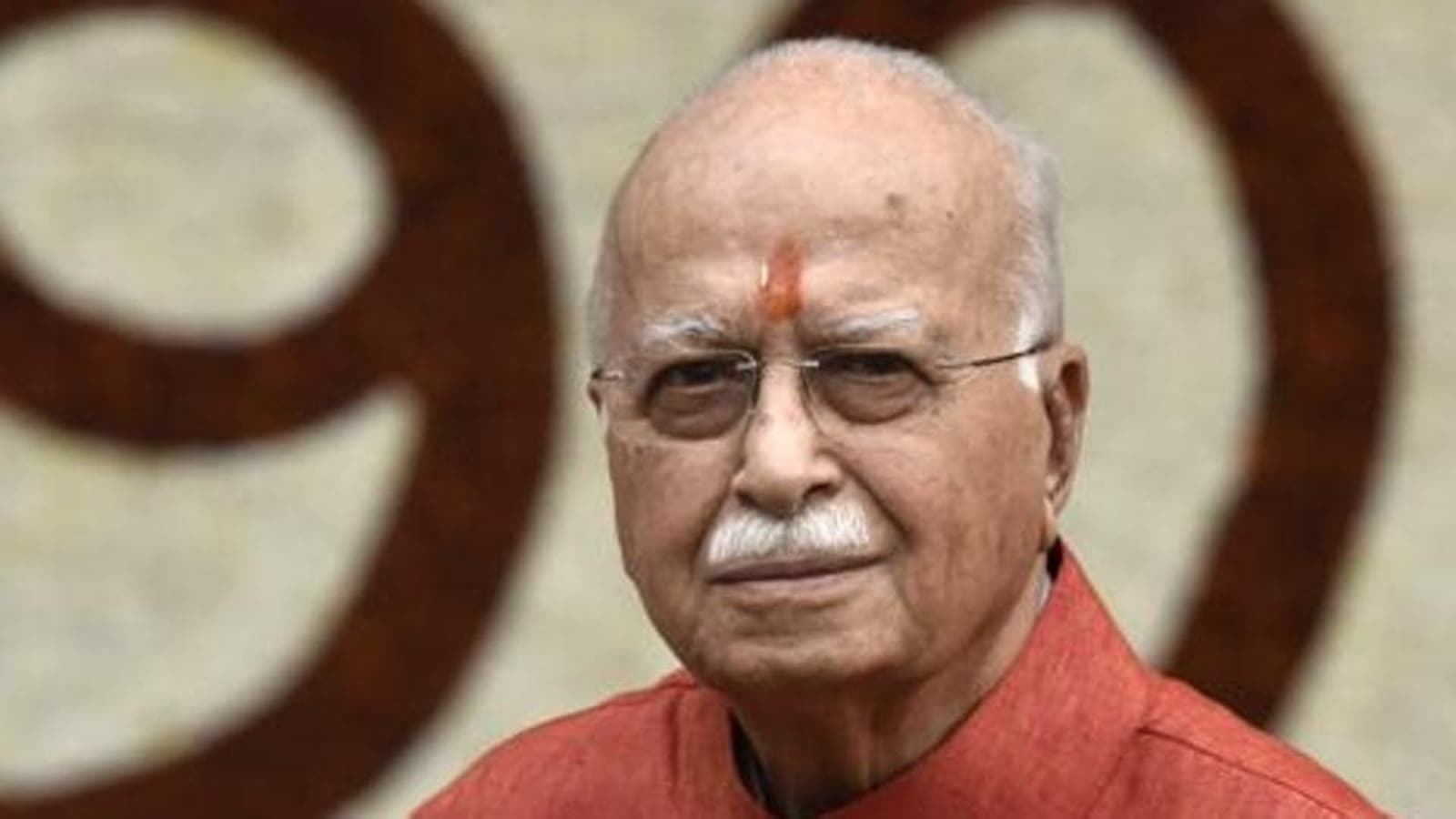UN: Russia surprisingly used its veto on Friday to prevent the adoption of a UN Security Council resolution condemning the annexation of four of Ukraine’s territories, a text that will be submitted to the General Assembly where all member states have one vote.
Despite Russia’s veto, the resolution garnered 10 votes in favor and four countries abstained — China, India, Brazil and Gabon — a result Westerners described as evidence of Russia’s isolation.
The draft text seen by AFP, written before Russian President Vladimir Putin signed the document for the annexation of the Donetsk, Lugansk, Zaporizhia and Kherson regions on Friday, condemns the “so-called illegal referendum” which cannot “have no validity” or “become a basis for changing status of these areas”.
This draft resolution, prepared by the United States and Albania, calls on all other countries and organizations “not to recognize the pseudo-annexation” of the four territories and also demands the withdrawal of Russian troops “immediately, completely and unconditionally”.
“You intentionally forced us to use our veto so that you could make lyrical jokes about the fact that we abused our rights”, Russia’s ambassador to the UN Vassily Nebenzia said, denouncing “openly hostile acts by the West”.
While Russia’s veto is unquestionable, eyes are on China, which is officially neutral but is sometimes accused by the West of being too conciliatory with Russia.
As in February, the day after Russia invaded Ukraine, China abstained on Friday.
“Any action by the Security Council should promote the improvement of the situation and resolution of the crisis, rather than intensifying conflicts and exacerbating confrontations”, commented Chinese ambassador Zhang Jun, reiterating that Beijing supports the sovereignty and territorial integrity of “all countries”.
“Russia is more alone than ever,” said French Ambassador Nicolas de Riviere.
“Not so alone”
Alone, of course, but “not as alone as the West would like,” said Richard Gowan, analyst at the NGO International Crisis Group.
While the most important thing is that China abstained, “the number of abstentions indicates that the fatigue observed regarding Ukraine is still at a high level”, he added.
Westerners will now turn to the General Assembly, which will decide in the coming days.
“We will go to the General Assembly, where every country has a vote. The countries of the world will make it clear that it is illegal and unacceptable to try to redraw the borders of another country by force”, launched US Ambassador Linda Thomas -Greenfield .
This future vote in the General Assembly, in which none of the 193 member states has a veto power, will allow a more precise assessment of Russia’s isolation level, while some developing countries are upset that the West is focusing all its attention on Ukraine. .
In the spring, the General Assembly voted for three resolutions regarding the invasion of Ukraine by Russia, the third at the end of April which resulted in the erosion of international unity vis–vis Moscow.
On March 2, during the historic first ballot, 141 countries had condemned the Russian invasion, five countries voted against (Russia, Belarus, Syria, North Korea and Eritrea), 35 abstained.
On March 24, the Assembly called for unhindered humanitarian access and protection of civilians in Ukraine: 140 votes in favor, five against (same) and 38 countries abstaining.
As of April 7, only 93 countries supported Russia’s suspension from the UN Human Rights Council, with 24 votes against and 58 abstentions.
Following the session on the annexation “referendum”, the Council discussed, at Russia’s request, four leaks affecting the Nord Stream gas pipeline in the Baltic Sea.
While the origin and maker of the explosion remains a mystery, Russia, to which all eyes are drawn, has once again suggested the involvement of the United States, which has denied responsibility.
As for the UN, “it is not in a position to verify or confirm the reported details”, said Navid Hanif, deputy secretary general for economic development, underscoring the risk of leakage posed to energy and environmental markets. .

“Award-winning travel lover. Coffee specialist. Zombie guru. Twitter fan. Friendly social media nerd. Music fanatic.”







